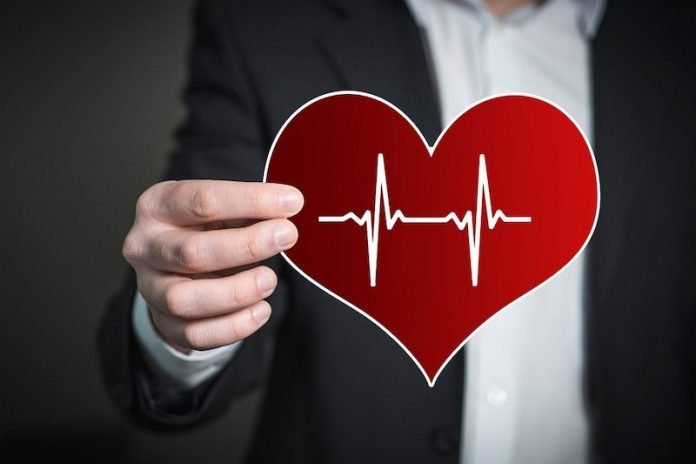
In a recent study published in The Lancet, researchers found that two ways of quickly restoring normal heart rhythm in patients with acute atrial fibrillation in the emergency department are equally safe and effective.
These methods allow doctors to quickly get patients back to their normal heart rate and send them home after four to six hours in the emergency department.
The research is from the University of Ottawa. One author is Dr. Ian Stiell.
Acute atrial fibrillation is a rapid, irregular heartbeat that must be treated within 48 hours to avoid complications like stroke and heart failure.
In the study, the team estimated that acute atrial fibrillation accounts for 430,000 emergency department visits every year in Canada and the United States.
They looked at cardioversion, a medical procedure that quickly brings heart rhythm back to normal.
The researchers recruited 396 patients with acute atrial fibrillation from 11 Canadian emergency departments. Patients were randomly assigned to one of the two kinds.
The first group received only electrical cardioversion. Patients are sedated during this procedure, so they do not feel the shock.
The second group received a drug called procainamide through an IV. If the drug did not reset the patient’s heart rhythm within 30 minutes, they received electrical cardioversion.
The researchers found in the shock-only group: 92% returned to their normal heart rhythm (176) and 95% were discharged home (183).
In the drug-then-shock group, 96% returned to their normal heart rhythm (196), 97% were discharged home (198), and 52% recovered their normal heart rhythm with the drug alone (106).
The two methods were equally safe -none of the patients had any serious side effects.
Two weeks after the treatment, no patients had had a stroke, 95% still had normal heart rhythm, 11% returned to the emergency department because of atrial fibrillation, 3% had an additional round of cardioversion, and 2% were admitted to the hospital.
The researchers were interested to see that over half of the patients who received the drug did not need a shock to restore their regular heart rhythm. They recommend that physicians try the drug cardioversion first, to avoid unnecessary sedation.
If you care about heart health, please read studies about 4 big signs of a heart attack everyone should know and findings of common drug for arthritis may harm your heart health.
For more information about heart disease prevention and treatment, please see recent studies about your protein choice linked to your heart disease risk and results showing that common bladder drug may harm your artery and heart health.
Copyright © 2021 Knowridge Science Report. All rights reserved.



